
Simón Bolívar honored with a park in Cartagena
In Cartagena, a park was built that bears the name of 'The Liberator,' thanks to his contribution to the freedom of the city.
The Bolivar Park or Plaza de Bolivar of Cartagena, is located in the historic center of the city and is one of the most popular parks among locals and tourists.
The park is an emblematic site of the city, full of historical and cultural symbolism. It was originally called Plaza de la Iglesia and then Plaza Mayor, since great military acts of the time took place there, but in 1610, the Holy Tribunal of the Inquisition was installed in Cartagena and it took the name Plaza de la Inquisición (Inquisition Square).
In 1896, the equestrian statue of 'El Libertador' Simón Bolívar was installed and it has since been called Plaza de Bolívar. The sculpture was modeled in Munich by the Venezuela's Eloy Palacios, and is made of bronze. Its pedestal is made of granite from Finland, and two replicas of it stand in Maracaibo, Venezuela and Guayaquil, Ecuador.
On the statue, visitors can read the inscription with one of the famous phrases of 'El Libertador': "If Caracas gave me life, Cartagena gave me glory."
Currently, Plaza de Bolívar is considered the main square of the city because of its proximity to the Gold Museum, the Bank of the Republic, the Palace of the Inquisition, the Bartolome Calvo Library, the Governor's Office, and the Cathedral.
RELATED CONTENT
Every night, folkloric dance groups gather to entertain the spectators with traditional dances and songs of the Colombian Caribbean coast — rhythms like the Cumbia, the Mapalé, the currulao, the bullerengue and others are the center of attention on nights in this iconic Cartagena park.
Who was Bolívar and what did he do in Cartagena?
Bolívar was a Venezuelan military man and politician, founder of the republics of Gran Colombia and Bolivia. He was one of the most outstanding figures of the Spanish-American emancipation effort against the Spanish Empire. He led the way to independence for Bolivia, Colombia, Ecuador, Panama, Peru and Venezuela.
Bolívar was born in Caracas on July 24, 1783. His parents were Colonel Juan Vicente Bolívar y Ponte and Doña Concepción Palacios Blanco. He had three older brothers and lost his father before he was three years old, who died in January 1786.
During the time of the Spanish conquest, Bolívar arrived in Cartagena and offered his services to the republican government of the country. In Cartagena he published the famous "Manifesto of Cartagena," which is one of his most notable documents.
After the city's triumph of independence over the Spanish monarchy, Bolívar participated in the founding of the first union of independent nations in Latin America, Gran Colombia, of which he was president from 1819 to 1830. Through further military campaigns, he expelled the Spanish rulers of Ecuador, Peru and Bolivia.
Bolívar aimed for a strong and united Spanish America capable of facing not only the threats from Spain and the European Holy Alliance, but also the emerging power of the United States. At the height of his power, Bolívar ruled a vast territory from the Argentine border to the Caribbean Sea.


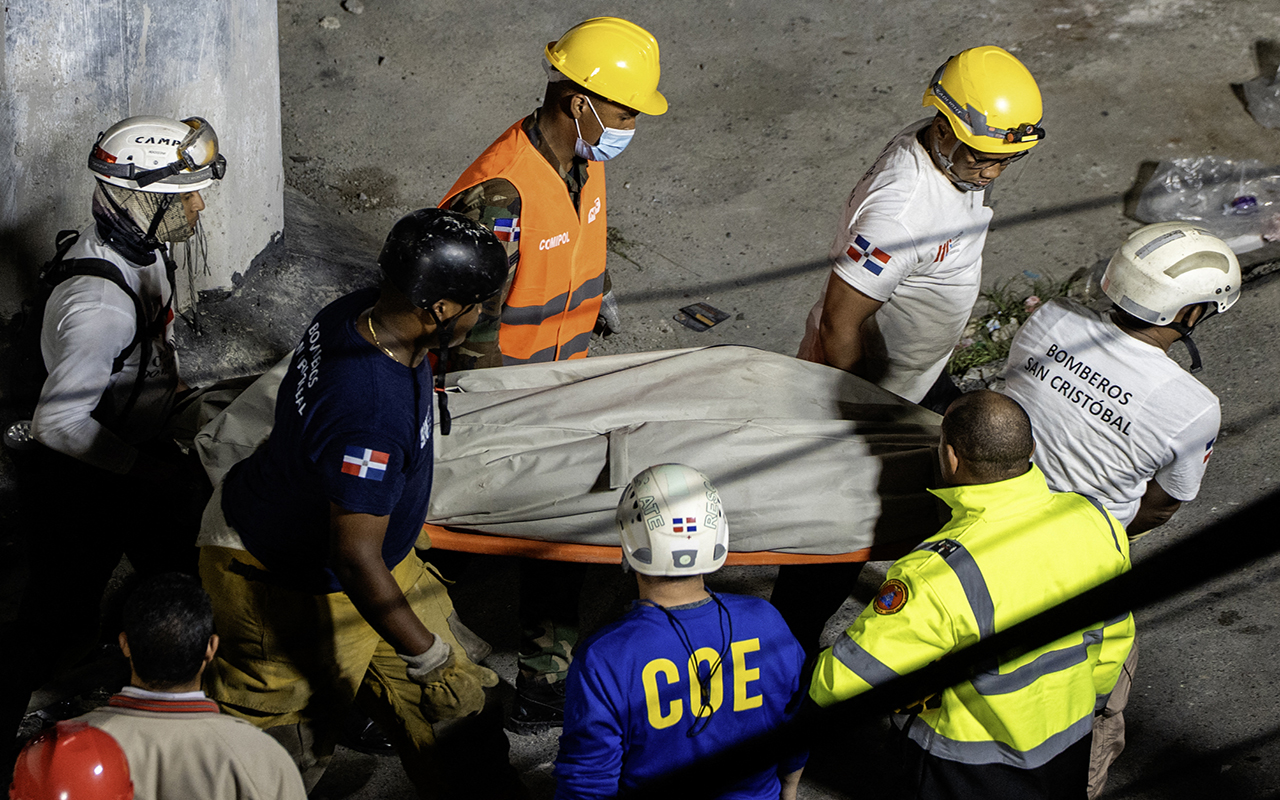
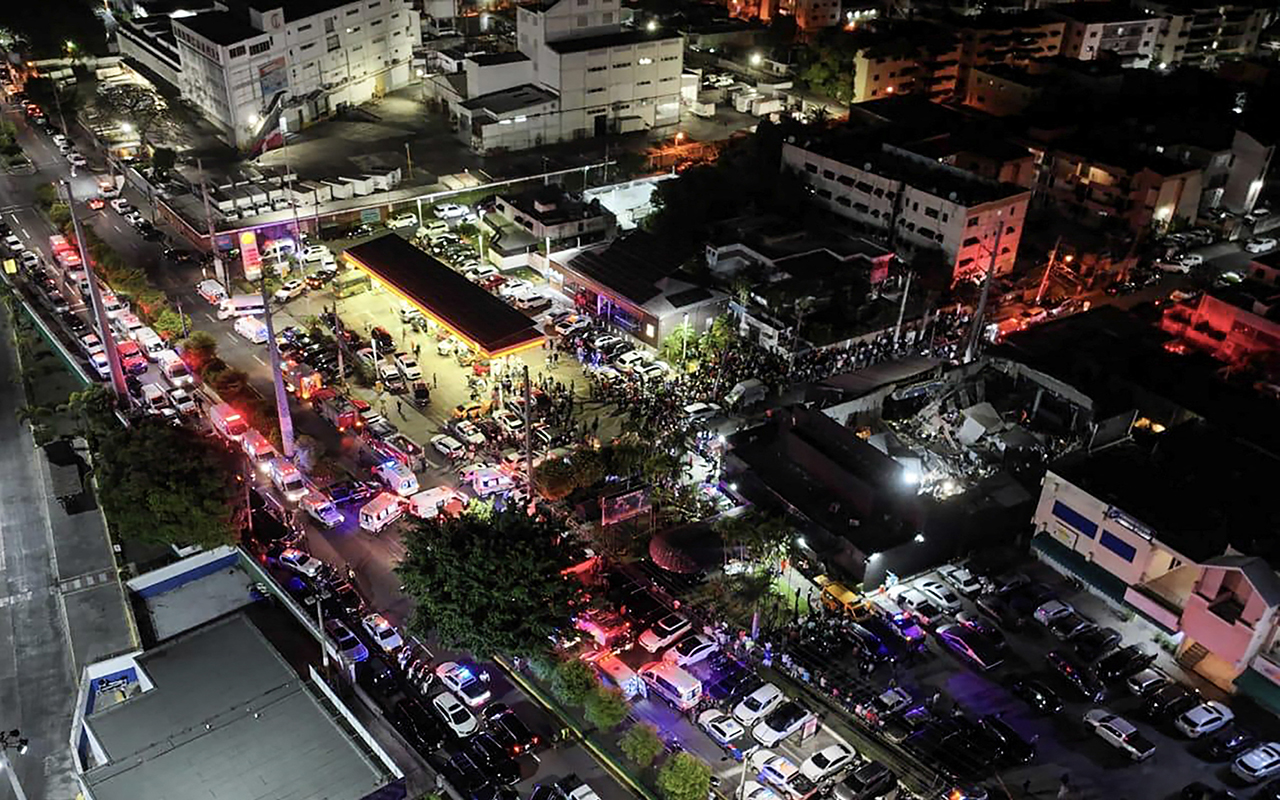
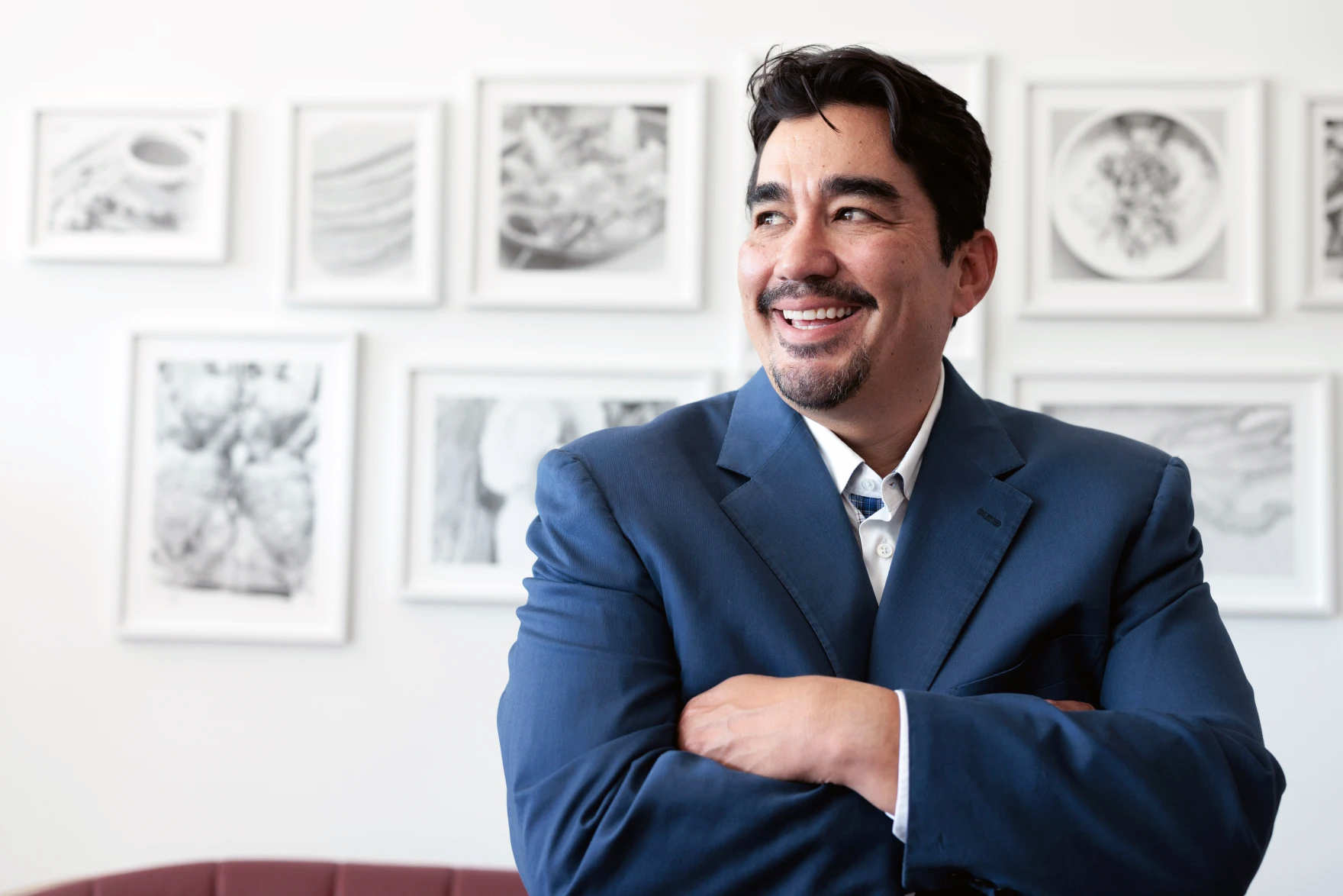
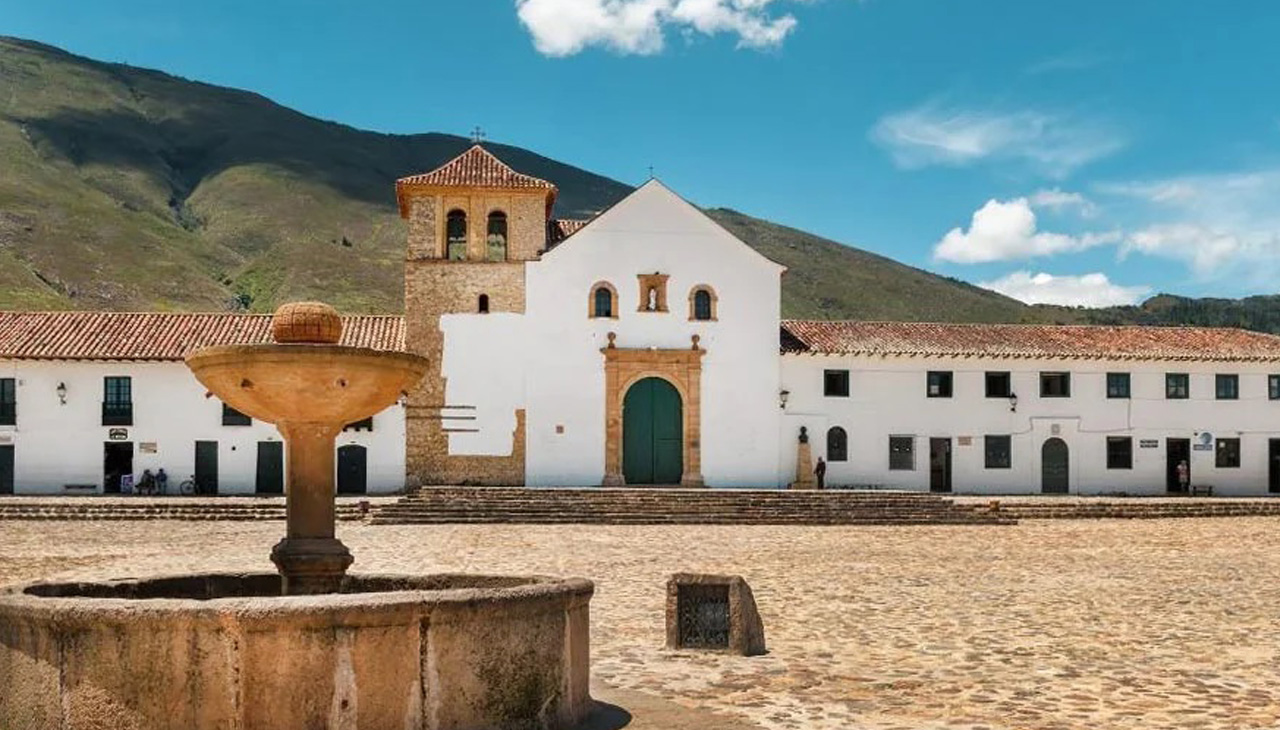

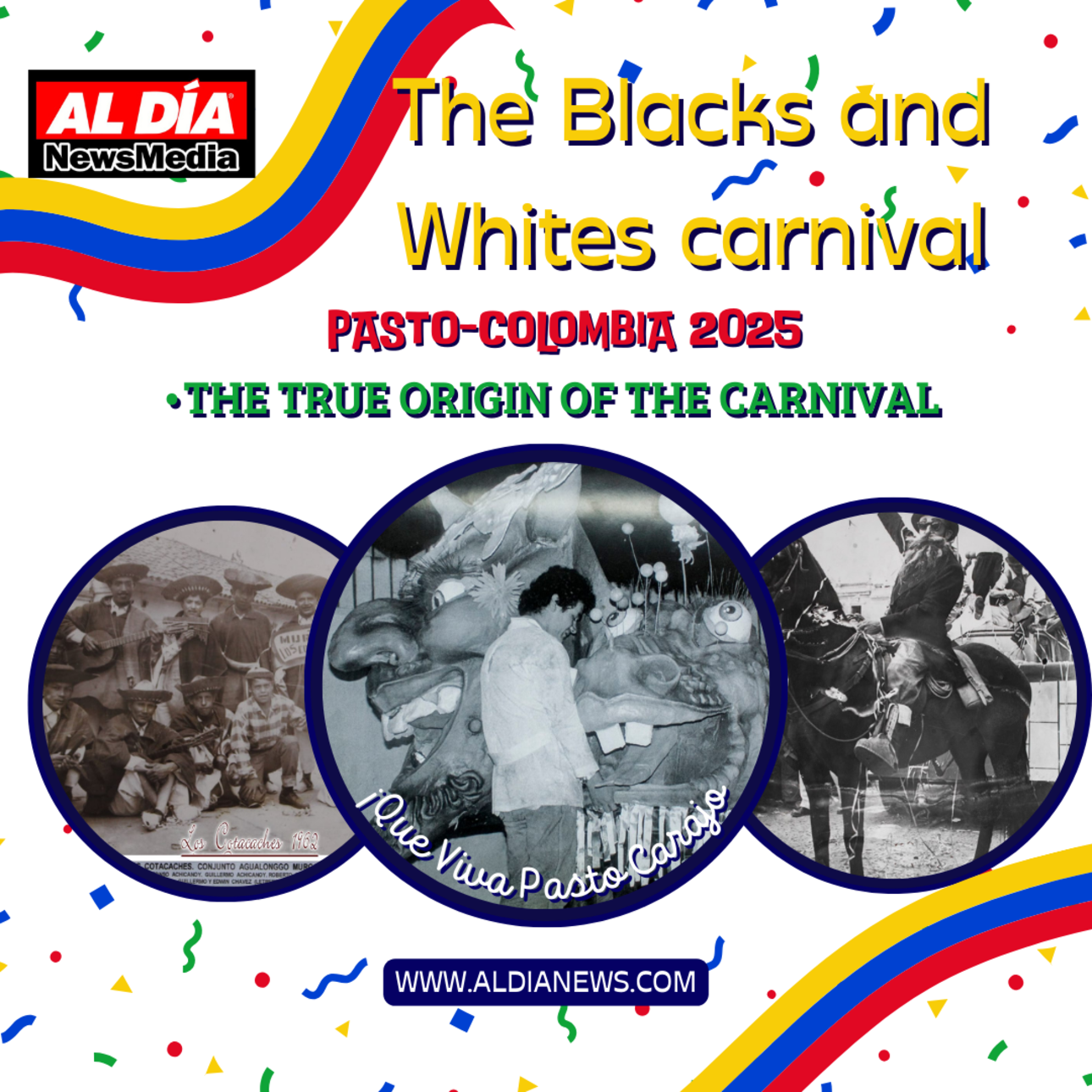
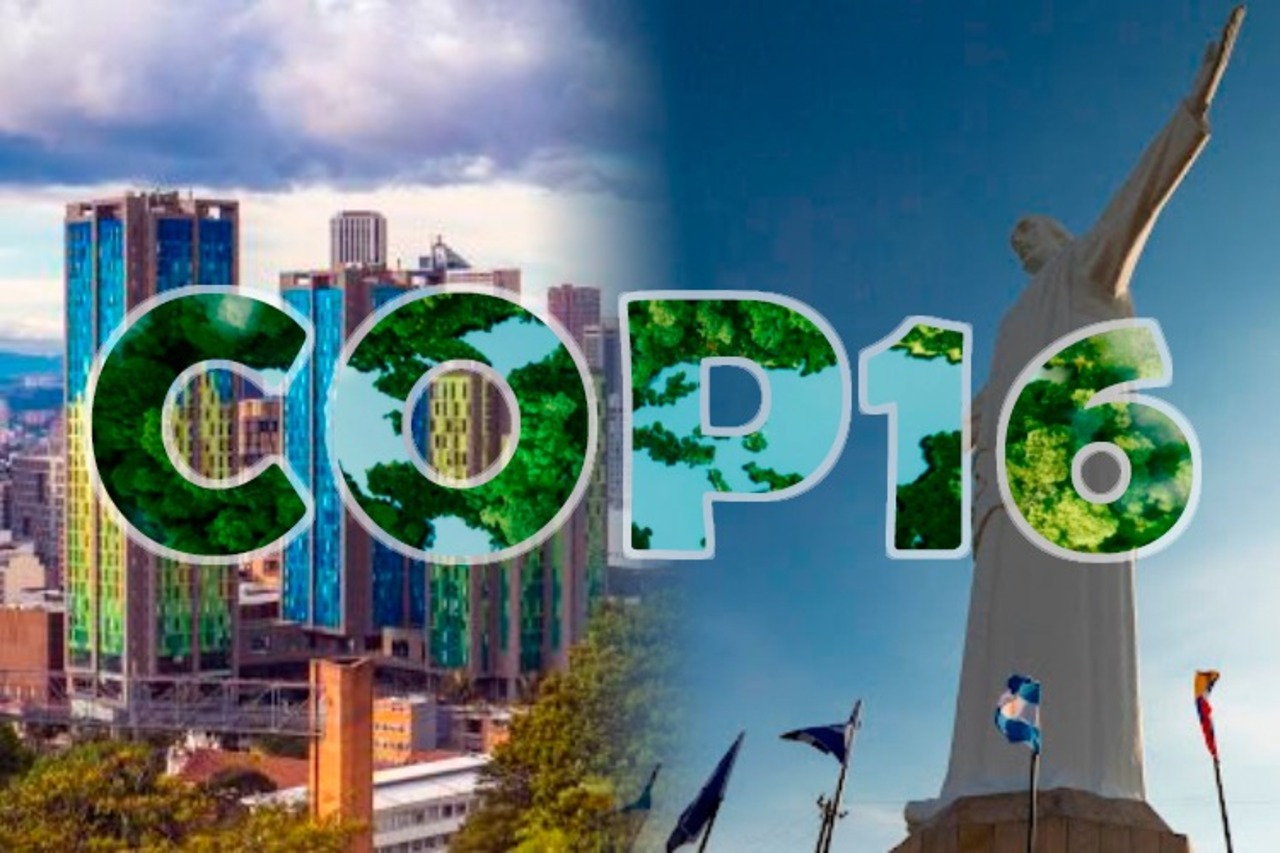
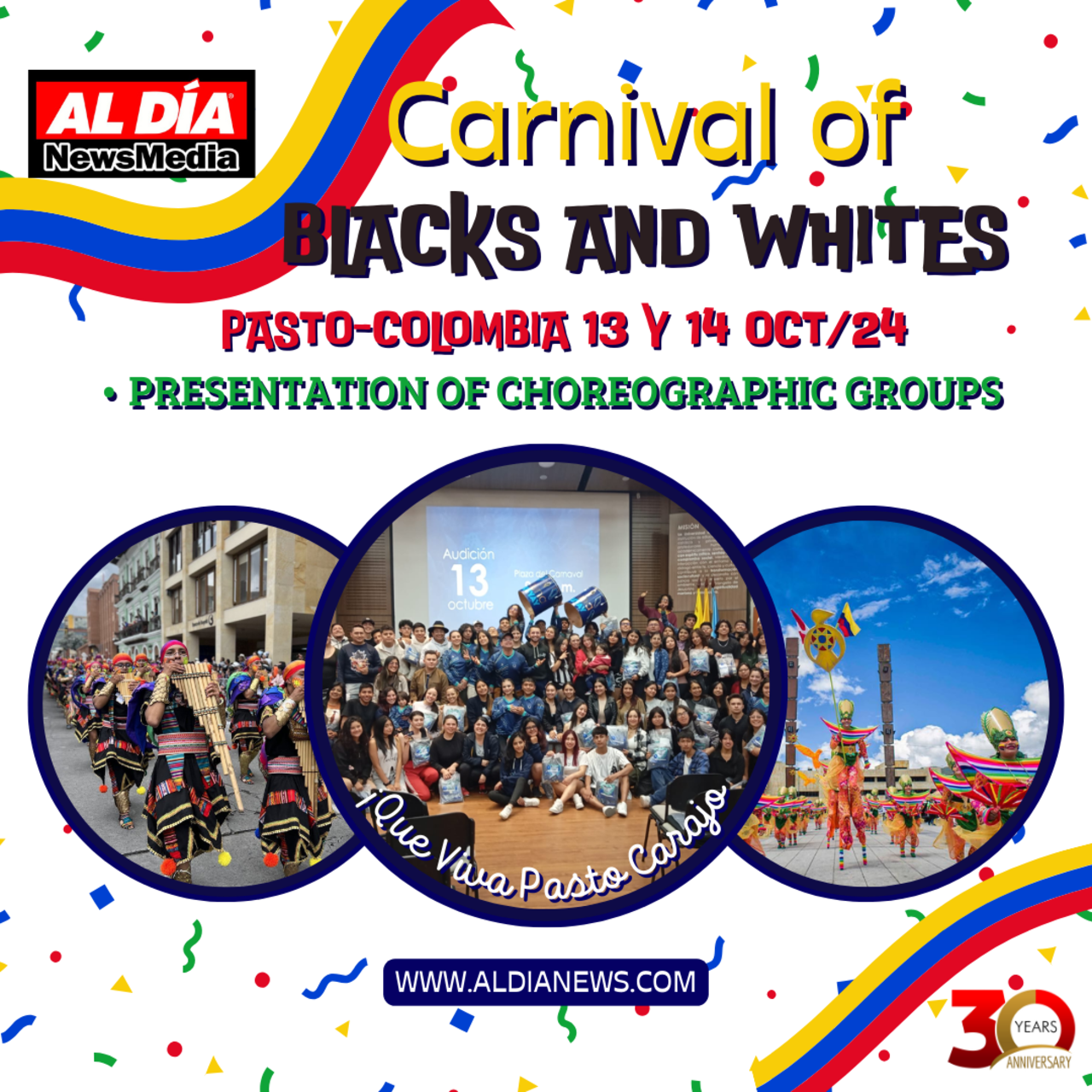
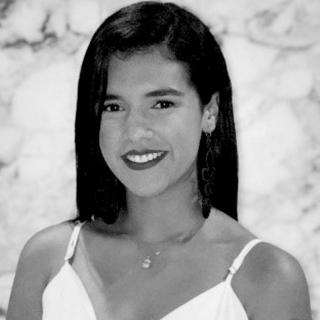
LEAVE A COMMENT: